“With digitisation today, PR professionals need to upskill constantly & be relevantâ€
It was in February 2022 that the Public Relations Consultants Association of India (PRCAI) launched India’s first Accreditation Programme in Indian Public Relations (AIPR) for public relations professionals – including young professionals and emerging leaders. In line with global practices, wherein PR accreditation is conferred to professionals who demonstrate the highest calibre in public relations, AIPR will not only establish a credible benchmark for individual competence, but also help the industry to advance the profession, as it raises the standards of the practitioners.
Click here to attend DATAMATIXX 2022
Today, more than ever before, the Public Relations industry is steering through to manage and grow organisations’ reputations in the VUCA (Volatility, Uncertainty, Complexity, and Ambiguity) world and Communications practices are increasingly looking for proficient consultants who bring highest levels of competence, and new age skills For PR Consultancies, AIPR will help create a world-class and skilled community, who partner with their clients as they get a seat on the table, whilst taking a lead in managing their reputation.
In May 2022, PRCAI announced the list of 18 public relations professionals who qualified for the first-ever batch of AIPR. PRCAI conferred each one of them with the prestigious AIPR pin. These young professionals will be the torchbearers of the industry as they strive to maintain strong professional and ethical standards, leading the industry.
In an exclusive interview with Adgully, Atul Sharma, President, PRCAI, and Deeptie Sethi, CEO, PRCAI, speak about the idea behind the AIPR Programme, its benefits, how it will upskill the PR professionals, and more.
Deeptie Sethi said, “Even before I came on board, this was a very strong idea that Atul and the team have been championing – to do something for the PR industry that provides a common lens of measurement. We do know that there are very low entry barriers to PR as a profession, people come in from different places or other professions as well, unlike medicine and engineering. The second thing that’s happening with our profession is it is becoming very broad based and inclusive. With everything digital today, you need to really be very evolved with the talent, you need to upskill constantly, you need to be relevant. AIPR is a first-of-its-kind programme, it was set up from a perspective that we can see PR professionals from a common lens.”
Adding further on the programme she said, “For a PR profession it is a good opportunity, whether you are 2 years or 10 years or 15 years into the profession, you can stop and see where your competency gap is. This kind of programme gives an opportunity, even for the practitioner, to take this aptitude test, realise where the gaps are. We feel that this kind of growth and upskilling should happen at scale. We launched this programme for Level 1, which was zero to five years, and then six to 10 years for Level 2 in our first batch. We saw about 70 people taking part and half of them getting qualified after the written aptitude test. Then they came forward in front of a very powerful jury to share their thoughts and ideas and that’s where they were exited. 18 of them made it and we are so very proud of it.”
Atul Sharma elaborated, “The idea of accreditation came in from the fact that we are a consultation-based profession and if you look at professions around us – whether it is legal, accounting, or even medicine for that matter, which is technically – there is a way that every industry makes sure that its professionals are kept abreast of developments in the industry. So, every time you meeting a professional from the industry, you will see they are up-to-date in their skills, competence and knowledge in the way they hold themselves to the profession.”
Sharma further said, “Somewhere down the line, we felt that as public relations, we were not doing that. We felt that this bringing in a degree of accreditation and certification will bring that rigour and handwork back to the industry. It essentially means that every level at which you see people will be really competent and these are the people who will actually be able to show the rest of the industry the way how the public relations profession should evolve. So, that was the thought behind the AIPR initiative. We partnered with School of communications & Reputation (SCoRe) for AIPR, who looked at global and credible benchmarking accreditations built by PRSA, CIPR, IABC in their respective regions. SCoRe as our technical partner had helped us build a strong foundation to elevate our profession and talent to the next level. We are hoping that the 18 professionals that have been recommended for award of the accreditation will be role models for others.”
These are edited excerpts. For the complete interaction and for further details on the programme, please watch below:
https://www.youtube.com/watch?v=XHAY8ct0LJ0&feature=youtu.be


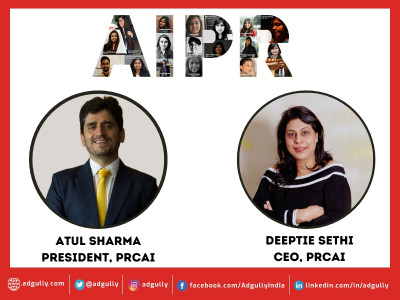



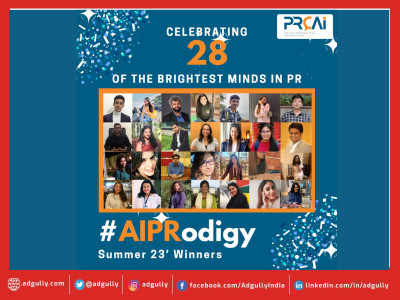
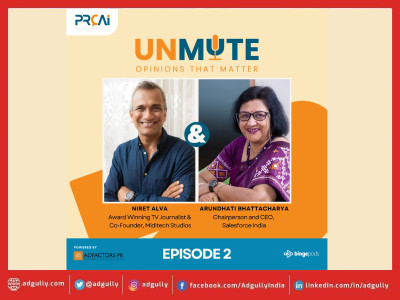
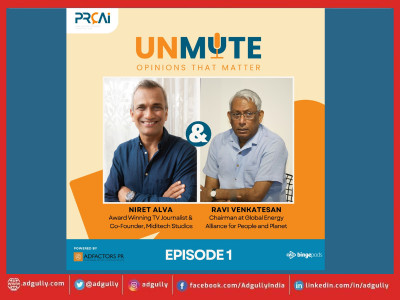





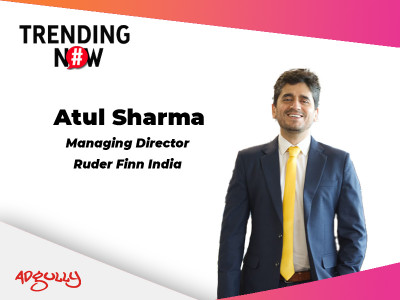
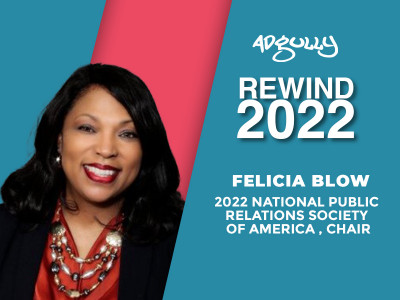


Share
Facebook
YouTube
Tweet
Twitter
LinkedIn